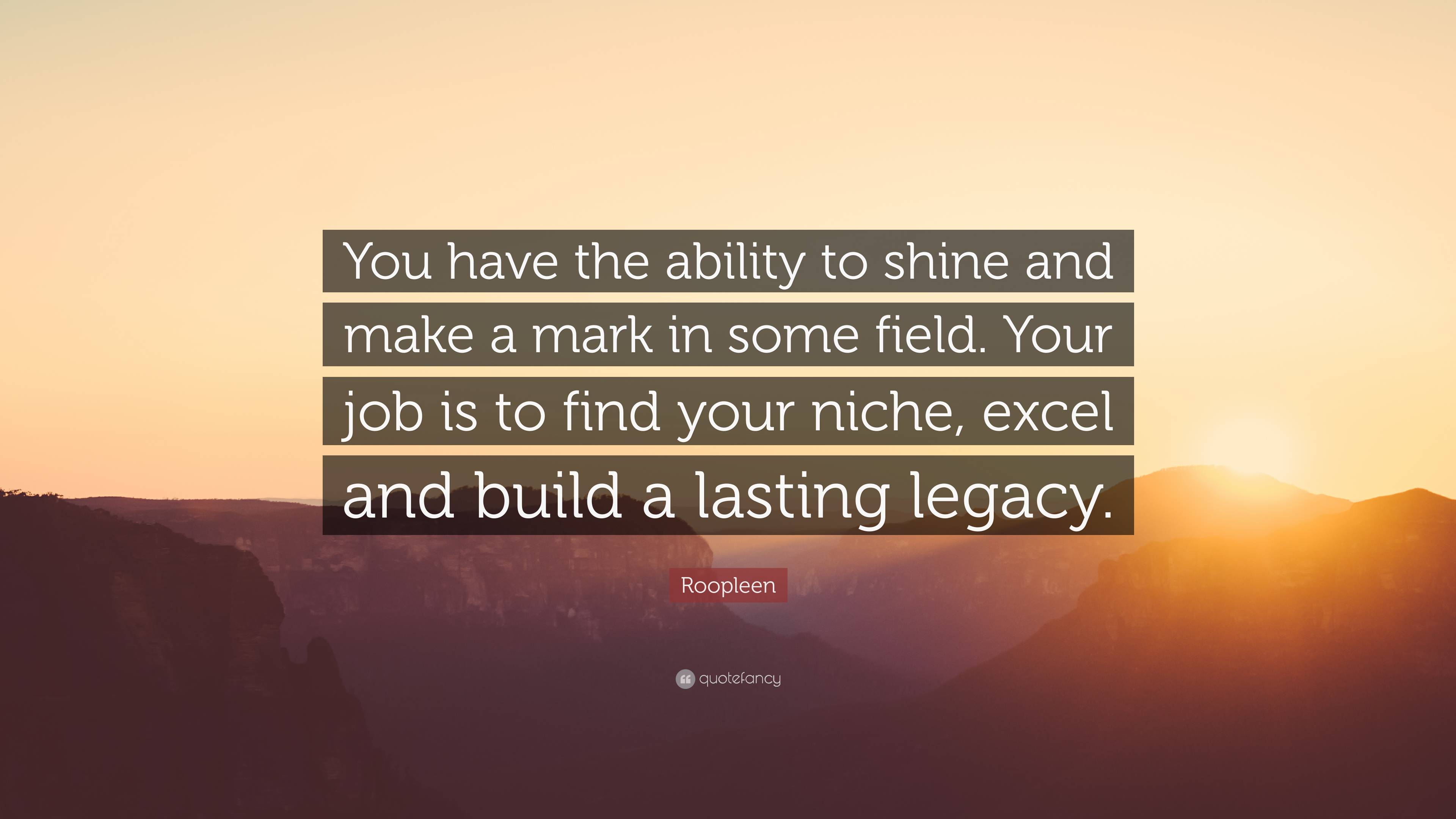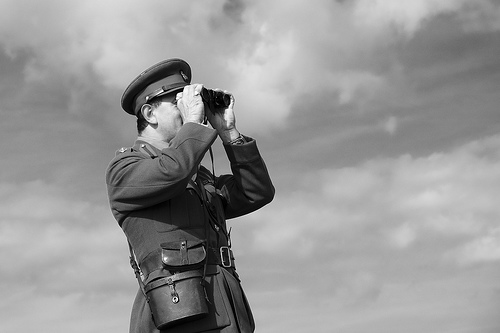
If you are unsure of your future career choices, it is important to seek advice about careers. There are many places that offer career counseling. You can also find local employment agencies. These agencies work closely with local employers and can provide assistance and training in a variety of fields. There are also specialized training programs for various career fields.
Identify your interests
The first step to finding the right career is to identify your interests. You can find your ideal career path using a variety of online interest assessment tools. These assessments are based on your answers to a series questions about your interests in work. They provide objective insights and recommendations. Career Interests is an example of such a tool. It can be taken for free online. The test comprises 135 statements that ask you about what you love doing. You can rank them according to your preference. The program will then evaluate your answers to determine if they match one of the 27 areas of interest.
Once you have identified your interests it is time for you to make a plan. By following your interests, you will be able to develop a career path that will allow you to utilize your skills and interests. This will allow you to have more work satisfaction and greater success in your chosen career.
Identify your strengths
One of the best strategies for thinking about your career is to identify your strengths. These strengths can help you match up your strengths and the jobs that suit you. Knowing your strengths will make you happier and can help you find a job that suits your needs. The StrengthsFinder assessment tool can help you to identify your strengths and talents.

Everybody has strengths and weaknesses. Identifying your strengths can help you narrow down your options, branch out, and achieve higher goals. Realistic assessment of your strengths and weaknesses is essential. You do not want to write down a list of 100 items of strengths and weaknesses. Your list should contain no more than fifteen items in each category.
Gaining confidence
You have many options to build your confidence whether you're just starting in your career or already are. Volunteering, work experience, student roles in societies are just a few of the many ways to build confidence. These roles can give you a sense ownership and responsibility, and can also help you build a sense for community. There may be workshops or support groups offered by your university's Careers Service.
You can boost your career confidence by taking positive action and self-appreciation. Melissa Llarena, a career strategist, recommends to her clients that they stop undervaluing themselves and instead focus on past achievements.
Applying to jobs
Your career can only be advanced by applying for job openings. There are many options, but one of the most efficient ways to do it is to connect with others who work in the same company as you. It's a great way of learning about the culture and networking with other people.
You should provide details about your educational background and work experience when applying for a job. List the key duties you have done in each position and make sure to highlight the ones that are relevant for the job. Moreover, give examples of your skills that are necessary for the job. Be careful not to be too vague and to write about skills you do not possess. Be sure to create a well-structured personal essay and refer to the advert for the person specification.

Interviewing
Before you go to interview, gather background information about the company. You can also ask former colleagues for information and consult published articles. You can also visit the company's website. These details will help you prepare for the interview and can help you relax.
Arrive at least 10 minutes before the interview. Dress professionally. A small notebook and pen are good accessories. You can then write down any important information. You should also remember to keep eye contact and be willing to ask a few questions. You must ensure that the interview goes smoothly. You can also plan the route to your interview location in advance. Know the name of your interviewer.